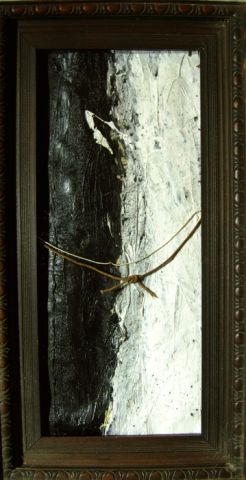In response to David Minton’s post #56.
Everything is a class-based tribal totem, not just tasteful objects, our thoughts, ethics, language, everything is a symbol. The choices we make, the judgments we follow; we accept or reject them because we want to project a certain something about our identity (sorry, David we’re back on that merry-go-round!). The trouble is it is very hard to separate out social influence on the construction of our identity – if it is possible at all.
So do any of us really know who we are, what we like or don’t, what we think? I mean, yes certainly, we know who we are in relation to society and how we fit into it, but can any of us find our core selves which stand apart from social influence? I can’t say that I can. What I’m trying to say is, these questions of taste, intellectualism, and totems/symbols all revolve around current debate and what is current is also trend. Current debate is also social influence.
This doesn’t resolve any questions about whether something has value if it is tasteful but I think it has bearing on the ability to recognize the ‘markers’ of value. To my mind the first step in all this is learning to identify those markers because from there we really can debate issues of value, trend, intellect etc. because through that knowledge we see context. Context is everything.
I find it important, for example, to know that Victor Burgin, who you mention, was a fundamental player in the development of conceptualism. His work and writing are compelling but in the back of my mind I know he was a trend-setter and as such, his theories will be tested against time just as the Bloomsbury group set the trend and are now being tested. Pollock was a trend-setter but he was also a product of his time. The symbolic, emotional, psychological content in art of that era became suspect and turned to intellectualism. Intellectualism will also face the same test, if it hasn’t already.
We must always question what we do and what we think because that process becomes visible in our work and I think true value is found in the process of thinking, even if our thinking is socially influenced – which it necessarily is. The process of thinking is also the signature you mention earlier, that is visible in our work. Our thoughts may be socially influenced but the temporal way in which we think them, the thoughts we lay next to each other, perhaps is our own.

